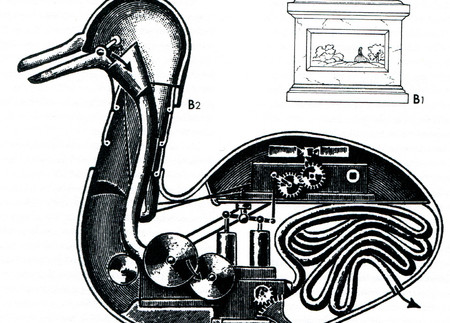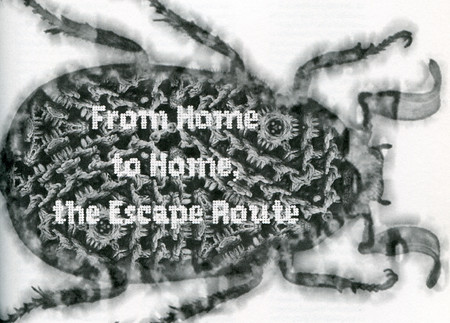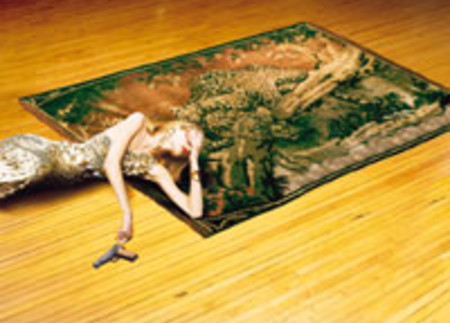Roland Barthes was born in Cherbough, Manche. After his father's death in a naval battle in 1916, Barthes' mother Henriette Binger Barthes moved to Bayonne, where Barthes spent his childhood. In 1924 she moved with her son to Paris, where Barthes attended the Lycée Montaigne (1924-30) and Lycée Louis-le-Grand (1930-34). In 1927 Henriette gave birth to an illegitimate child, Michel Salzado, Barthes' half-brother. When Barthes' grandparents refused to give her financial help, she supported her family as a bookbinder. At the Sorbonne Barthes studied classical literature, Greek tragedy, grammar and philology, receiving degrees in classical literature (1939) and grammar and philology (1943).
Barthes' last book was La chambre claire (1980), in which photography is discussed as a communicating medium. It was written in the short space between his mother's death and his own. Photography, especially portraits, was for him a magic, not an art. Through his life Barthes lived with or near his mother, who died in 1977. Barthes died three years later in Paris as the result of a street accident on March 23, 1980. Posthumously published Incidents (1987) revealed the author's homosexuality and secret passions.
source: kirjasto.sci.fi




